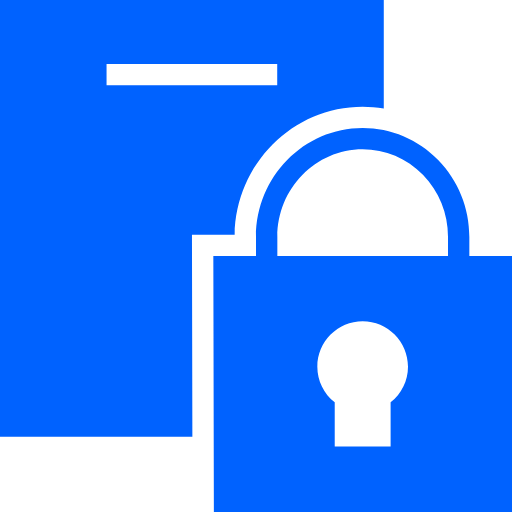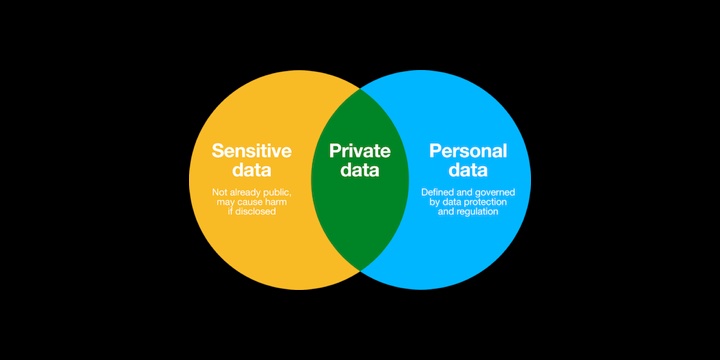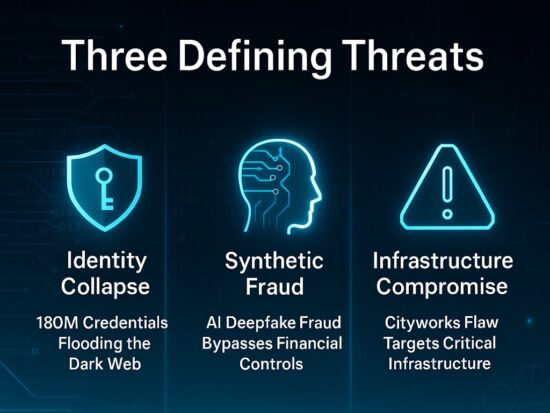In today’s digital world, the internet has become an essential part of our daily lives. With the growing dependence on the internet, it has become crucial to take necessary measures to protect our private data. Personal computers are one of the most common devices we use to access the internet, and it is important to take appropriate steps to safeguard our data while using them.
There are several potential areas in which private data can be exposed, including browsing the web, writing emails, clicking links in emails and messages, downloading random contents from the internet, and many more. In this article, we will discuss some of the essential steps that you can take to keep your private data safe while using a personal computer.
- Use a VPN: Using a VPN or Virtual Private Network is one of the best ways to protect your private data while browsing the web. A VPN encrypts all the data that you send and receive while browsing the internet. It creates a secure and private connection between your computer and the internet. With a VPN, your data is protected from hackers and other prying eyes that may try to intercept your data.
- Use a Password Manager: Using a password manager is an excellent way to protect your private data, especially when it comes to writing emails or logging into different accounts. Password managers help you generate strong, unique passwords for each of your accounts, which makes it harder for hackers to crack your passwords. Moreover, it eliminates the need to remember multiple passwords, which can be a hassle.
- Use Two-Factor Authentication: Two-Factor Authentication is another essential step that you can take to protect your private data. It adds an extra layer of security to your accounts by requiring an additional code or password to log in. This code is sent to your phone or another device, and you need to enter it to gain access to your account. Two-factor authentication makes it harder for hackers to gain access to your accounts, even if they have your password.
- Be Careful When Clicking Links: One of the most common ways that private data gets exposed is through phishing attacks. Phishing attacks are when hackers send you fake emails or messages that look like they are from a legitimate source. They contain links that, when clicked, take you to a fake website that looks like the real one. Once you enter your login details on the fake website, the hackers can use them to gain access to your accounts. To protect yourself from phishing attacks, be careful when clicking links, especially those that you are not familiar with.
- Use Antivirus Software: Using antivirus software is essential to protect your private data while downloading random contents from the internet. Antivirus software scans your computer for viruses, malware, and other threats that can harm your computer or steal your private data. Make sure to keep your antivirus software updated to ensure maximum protection.
Protecting your private data on a personal computer is crucial. By taking the necessary steps mentioned above, you can ensure that your private data is safe from prying eyes. Remember to use a VPN, password manager, two-factor authentication, be careful when clicking links, and use antivirus software to keep your private data safe.








 Puru's [AI]
Puru's [AI]
